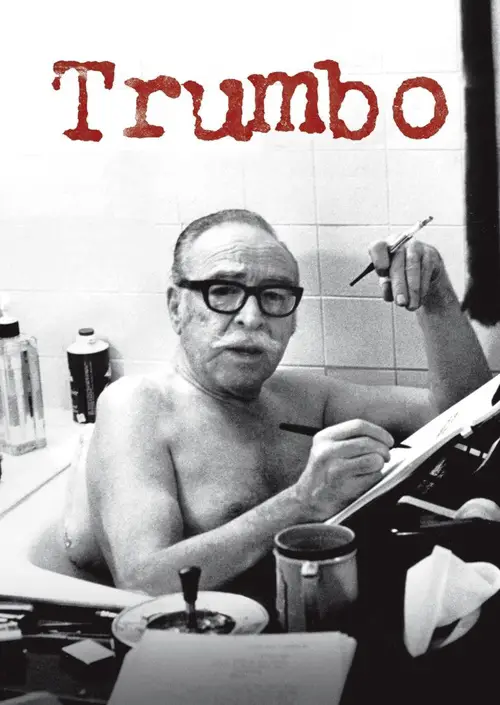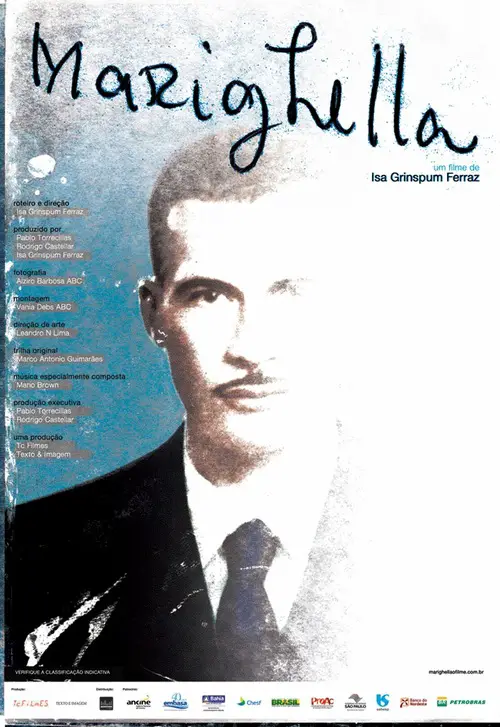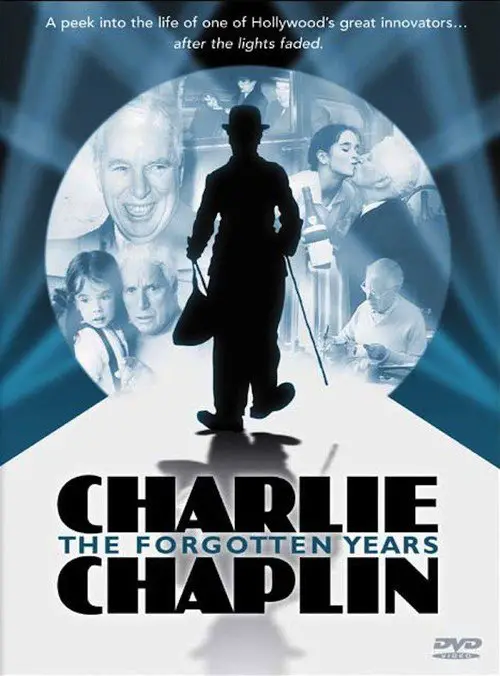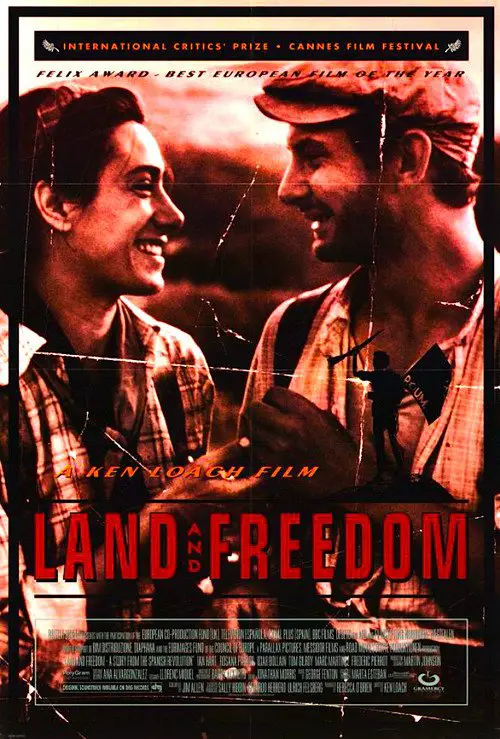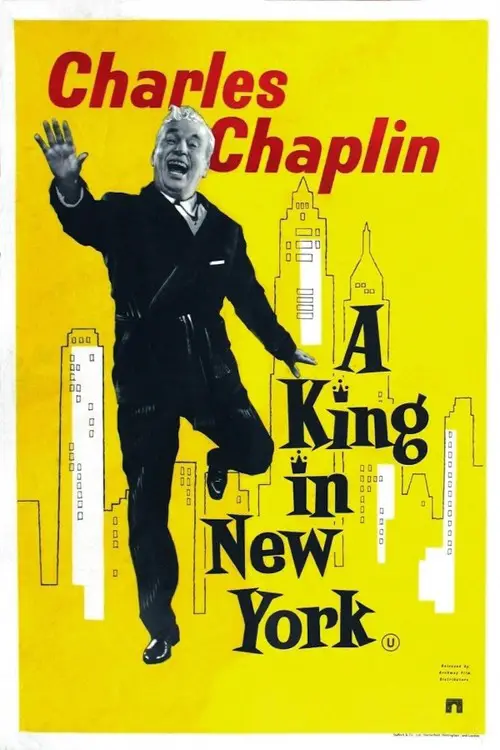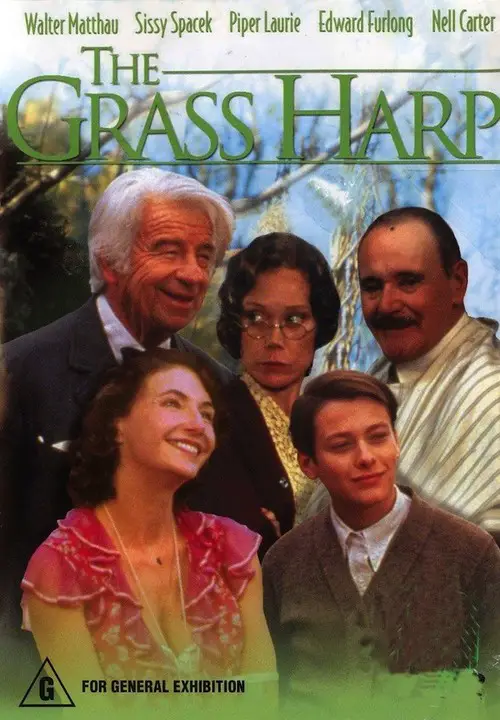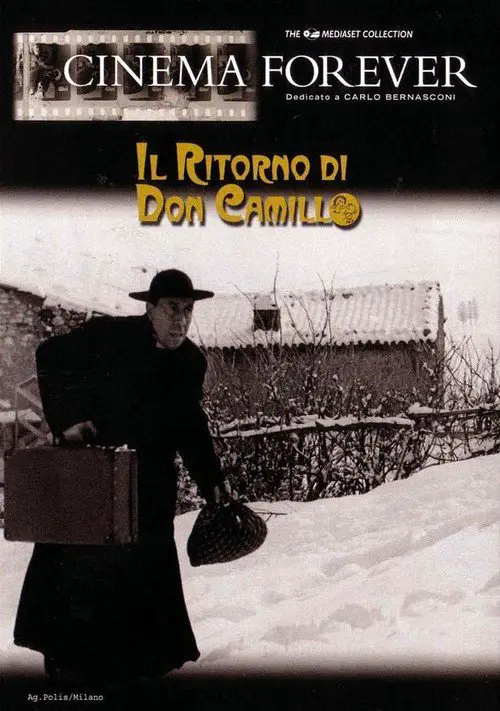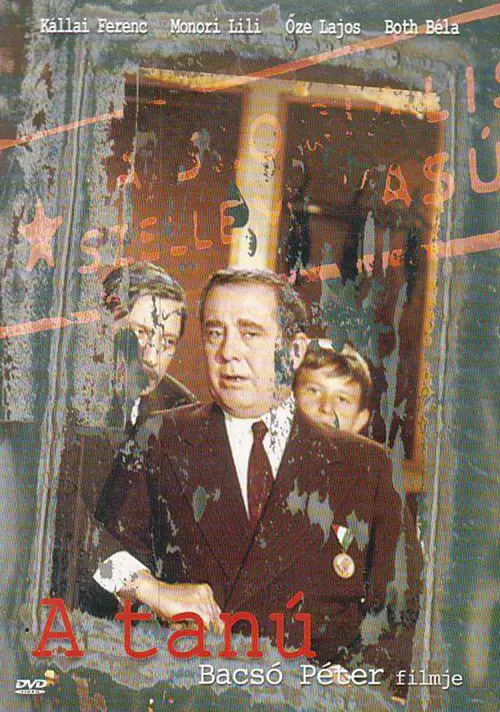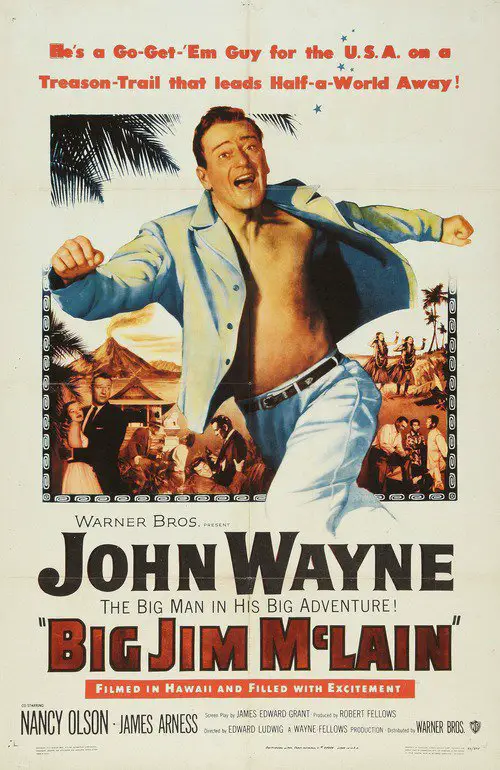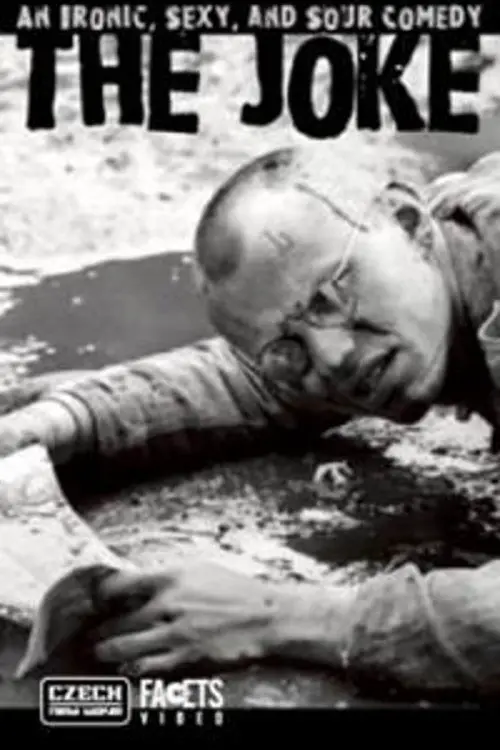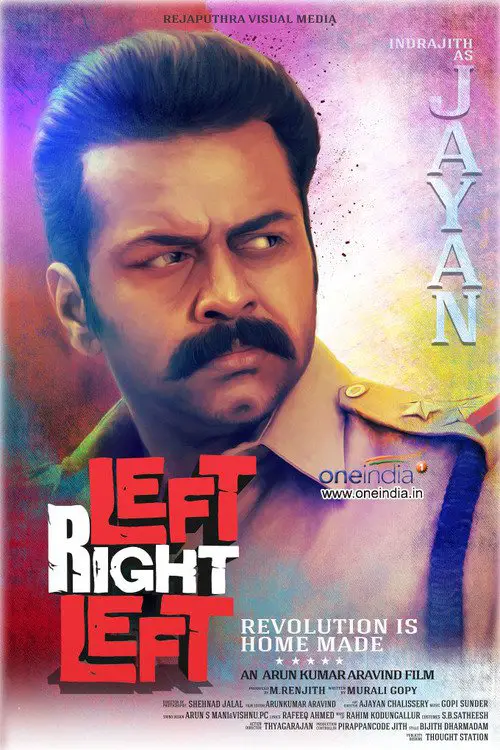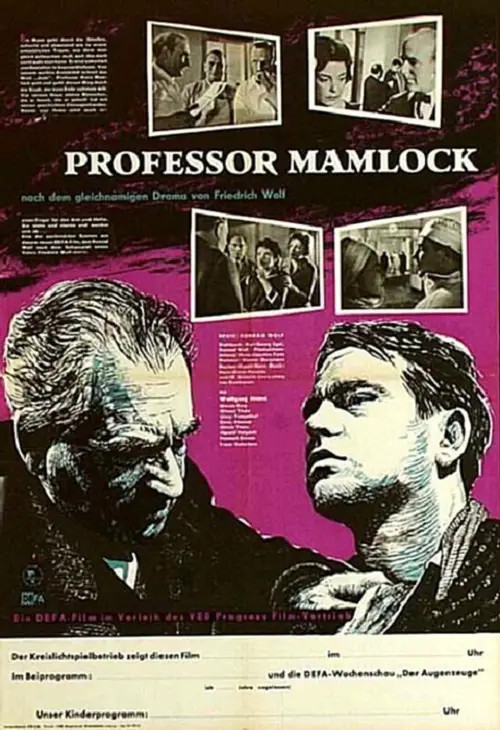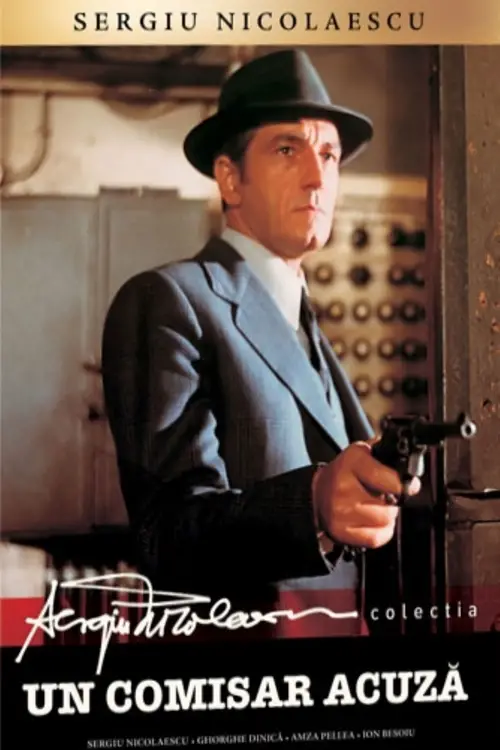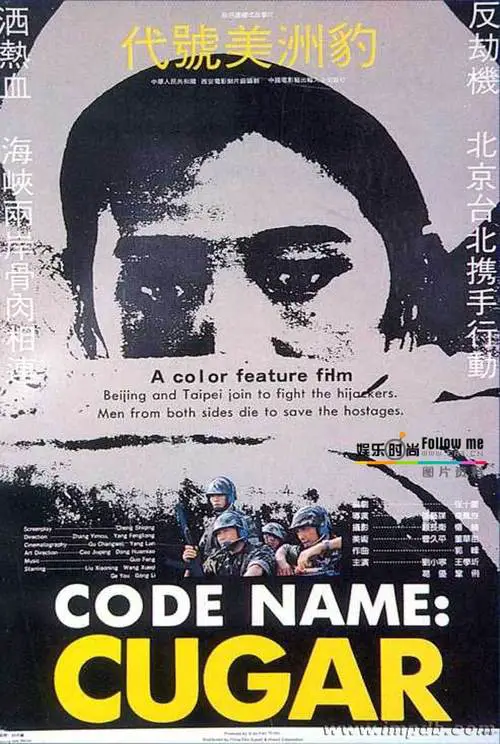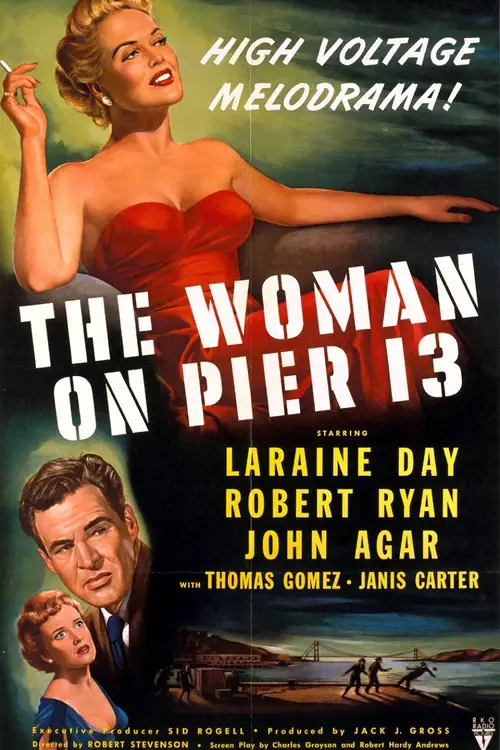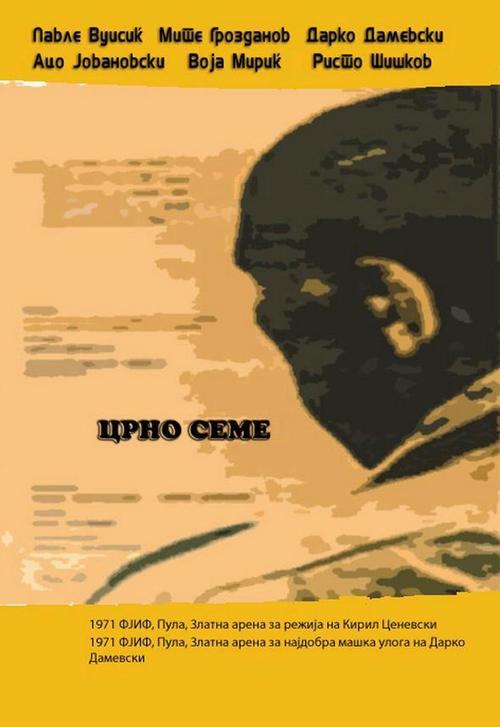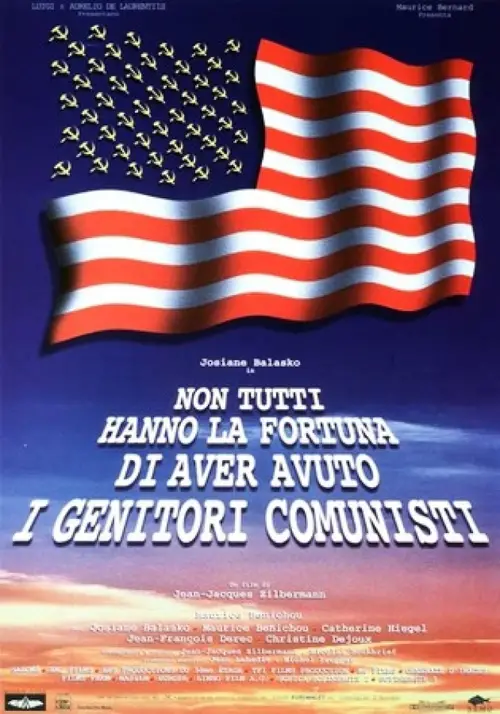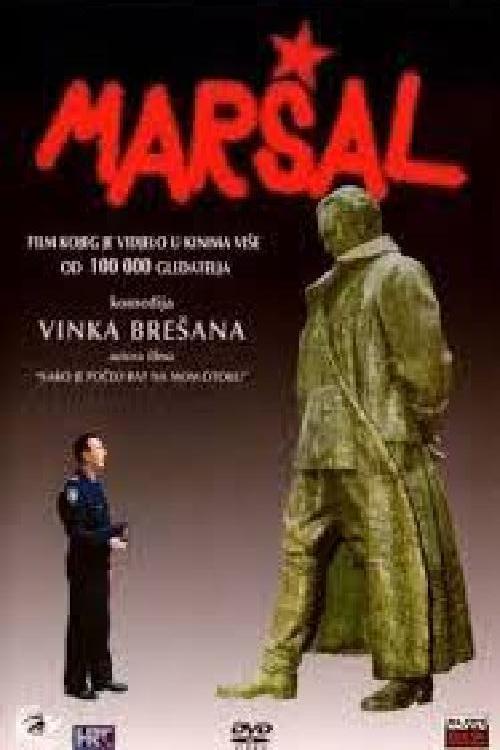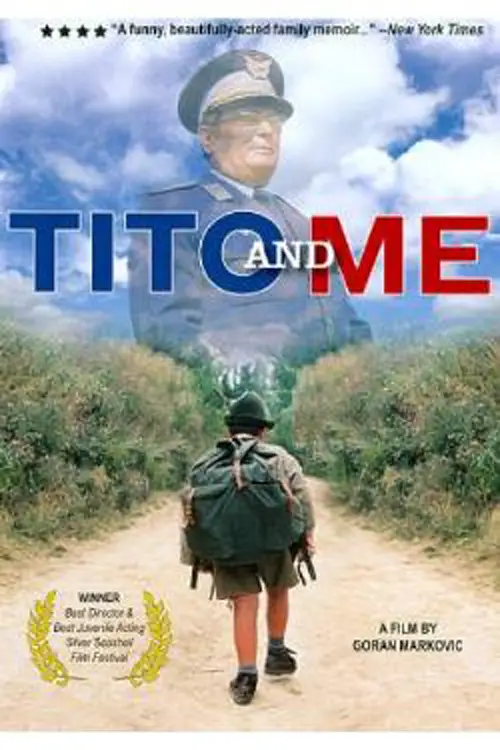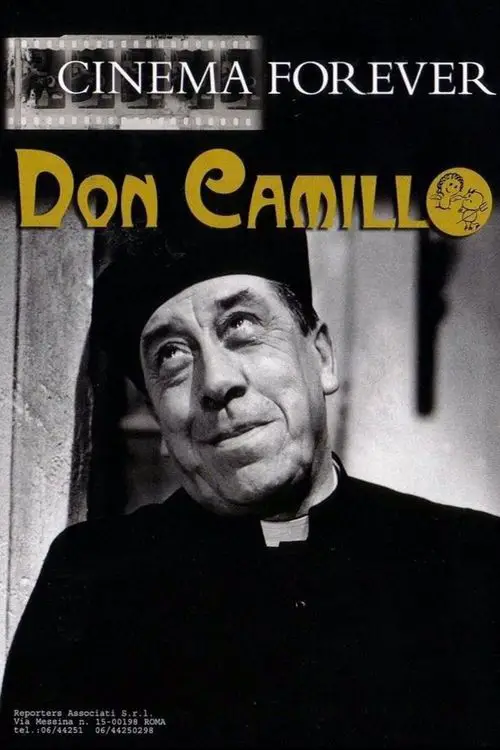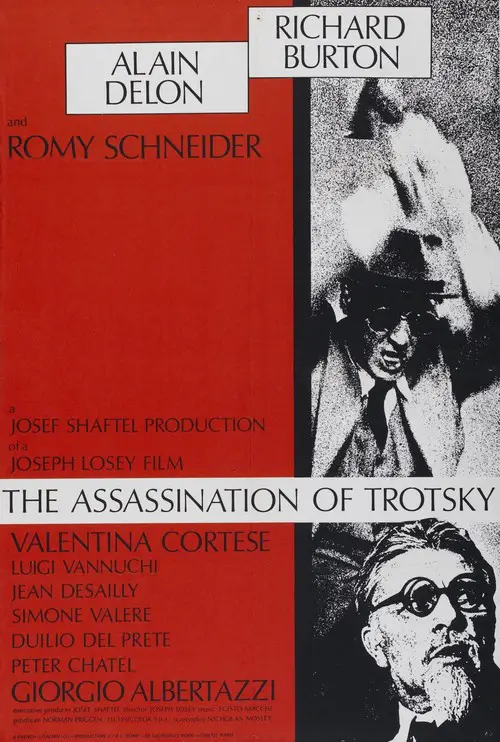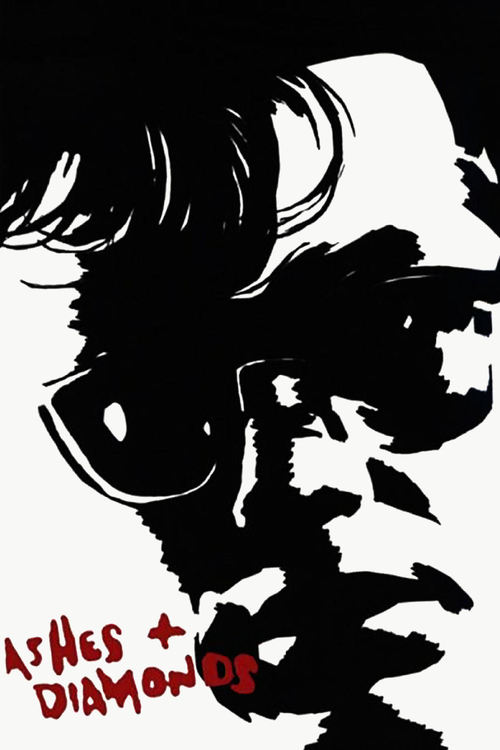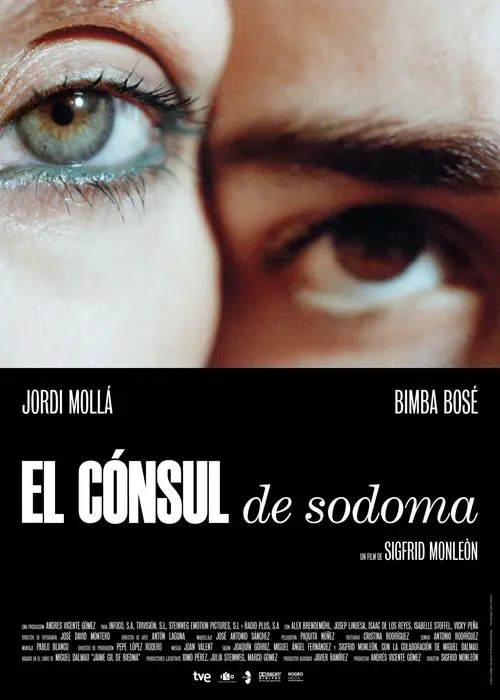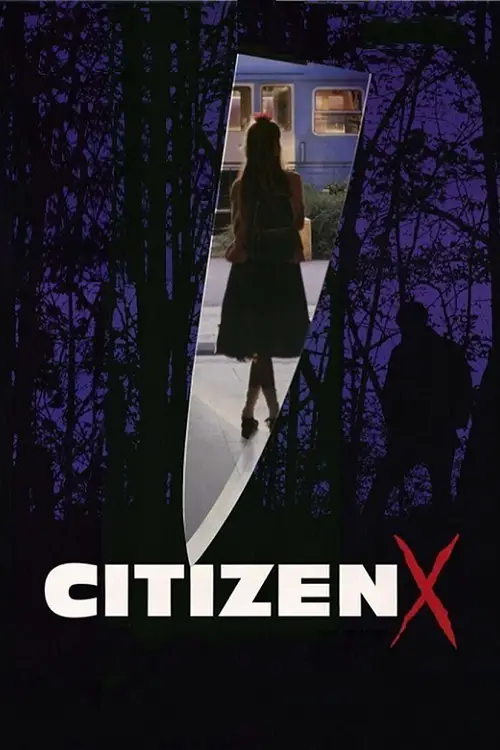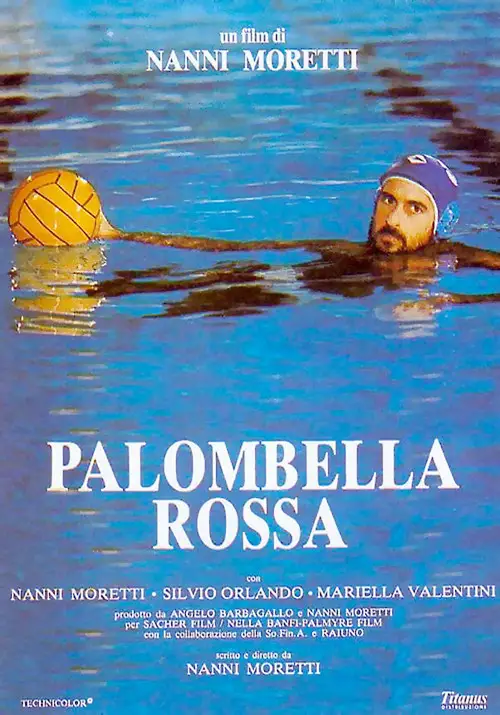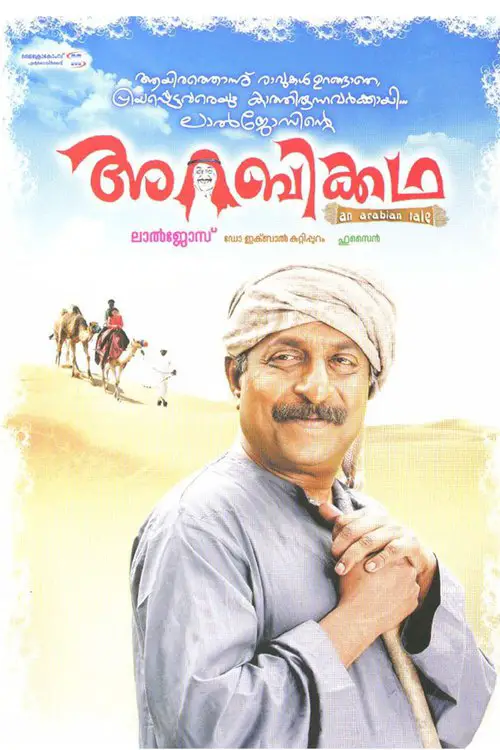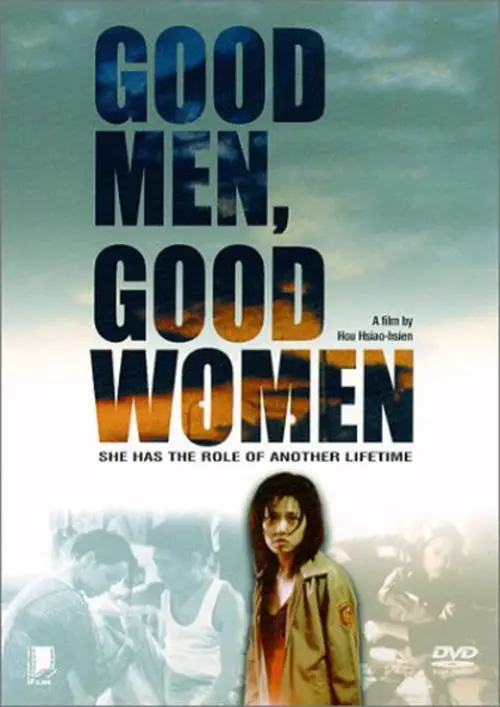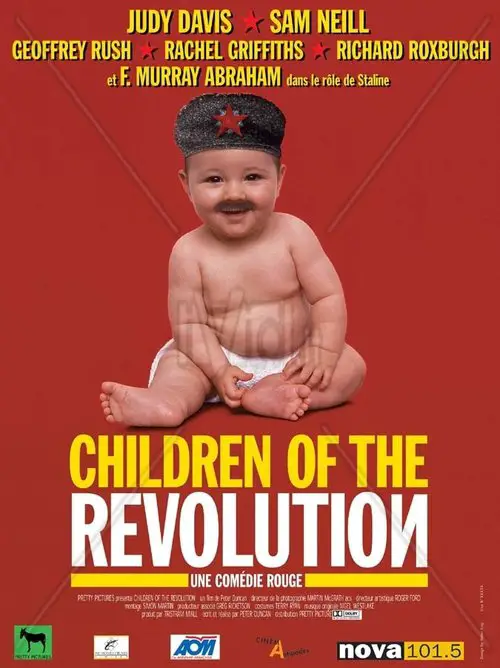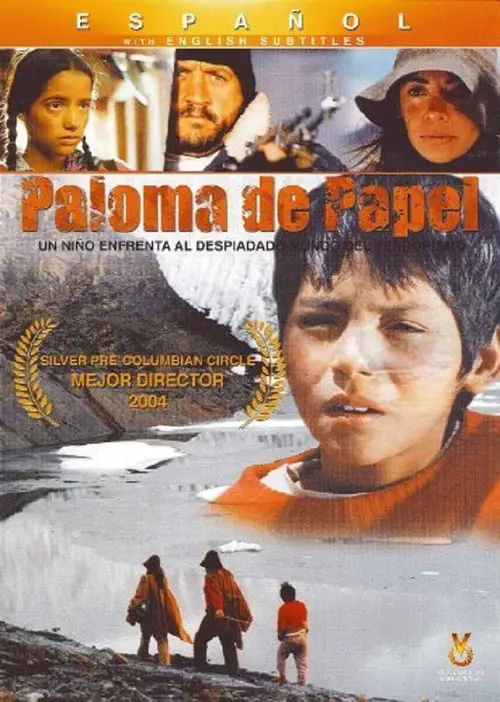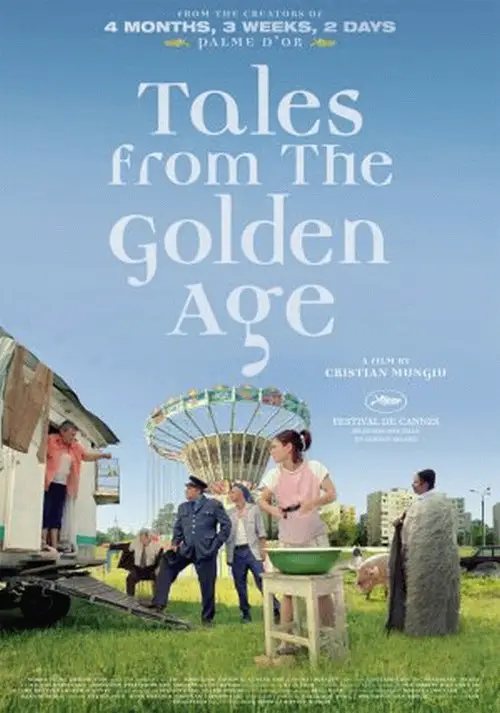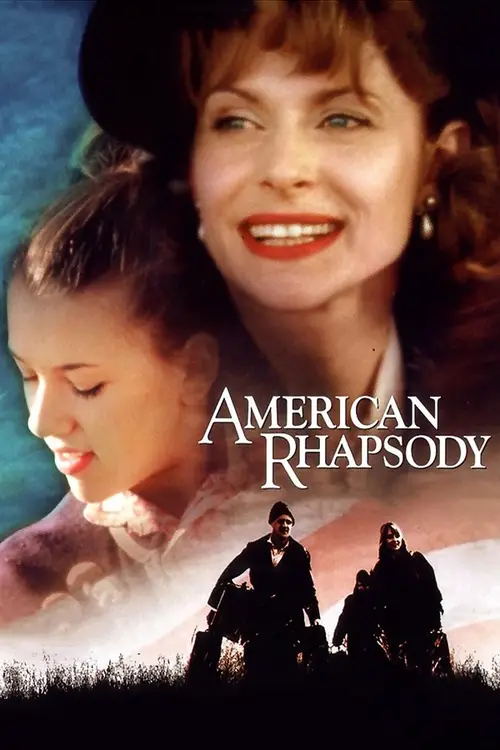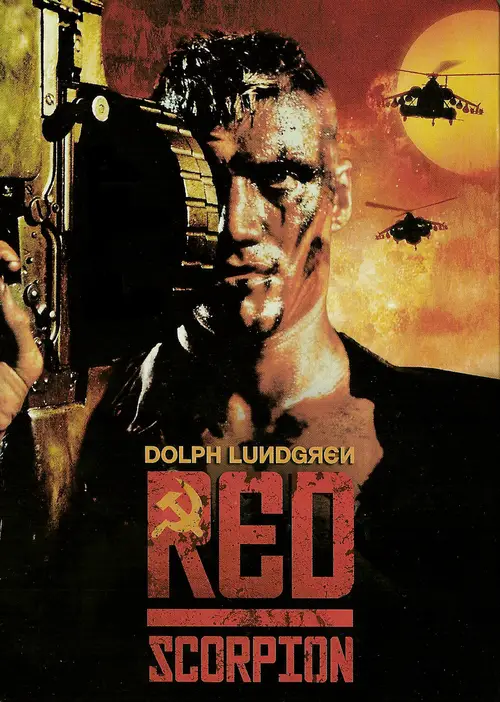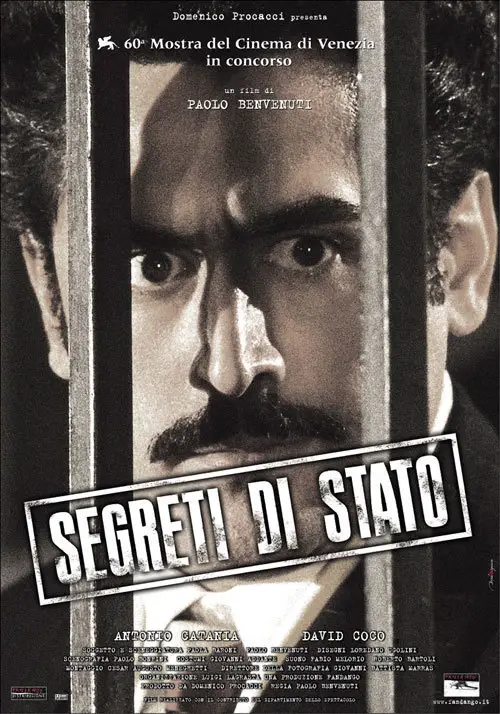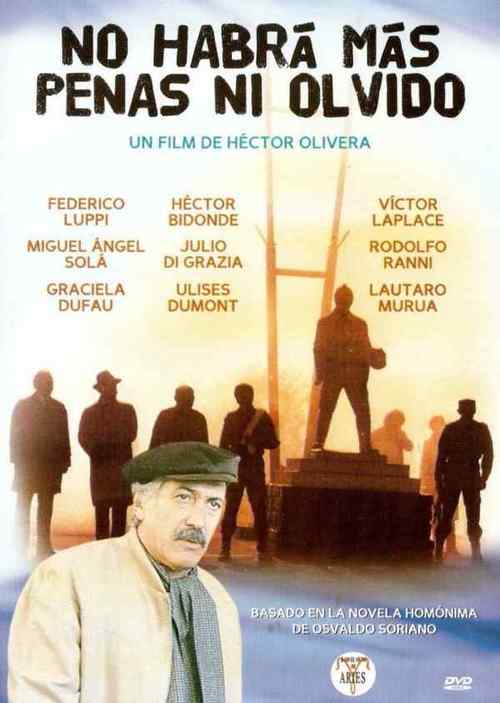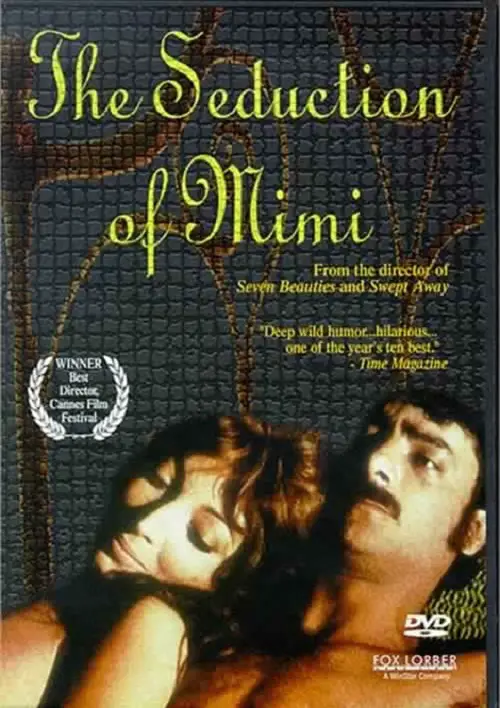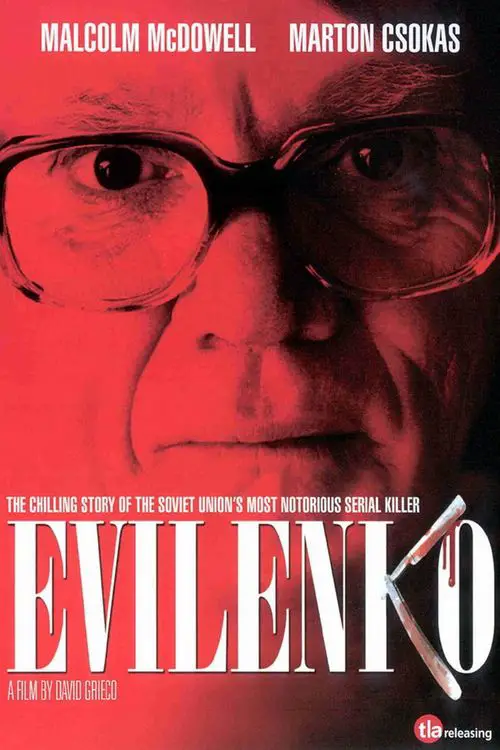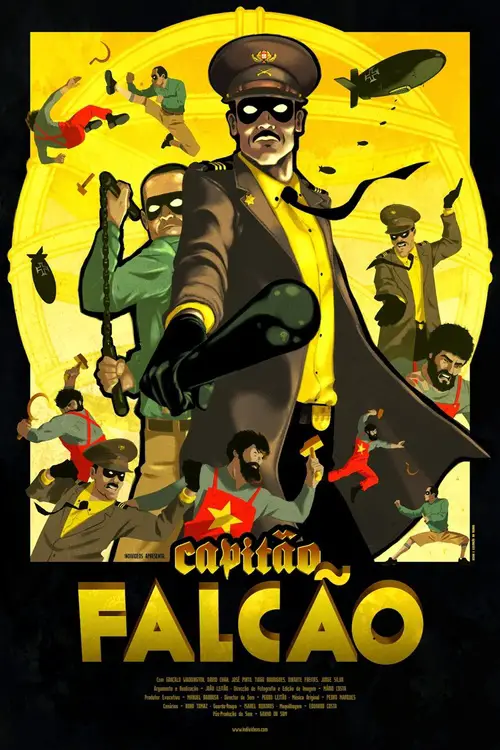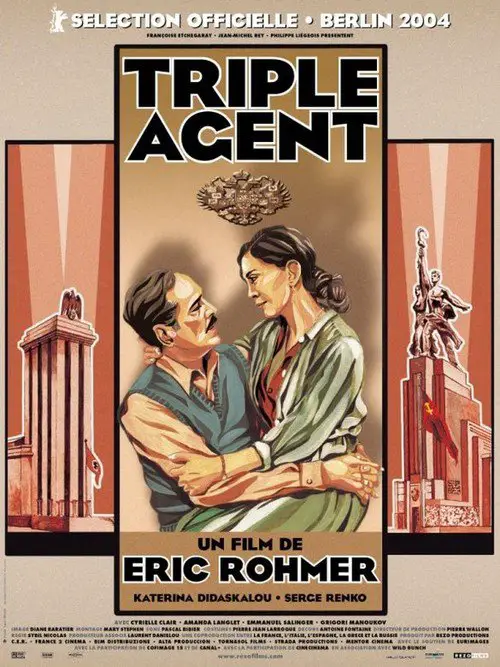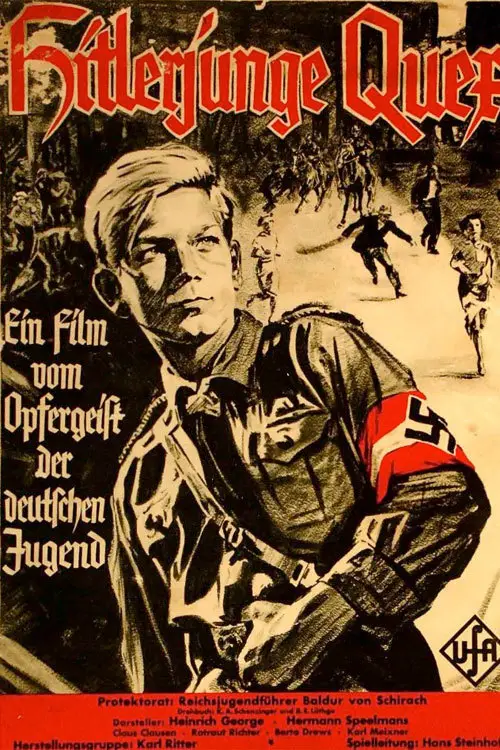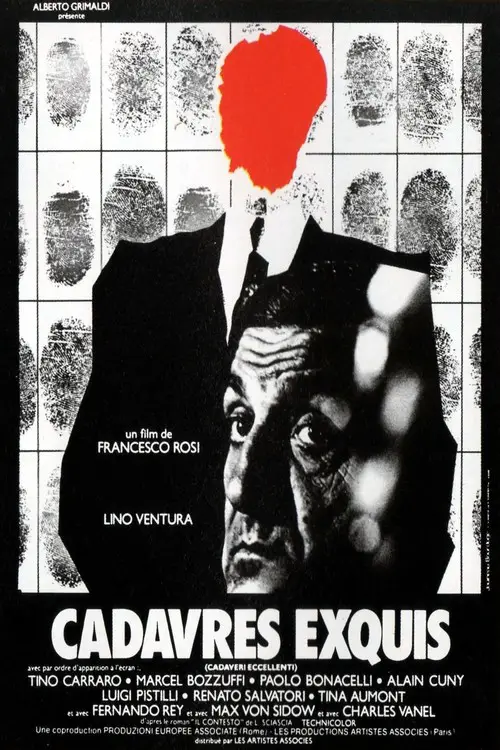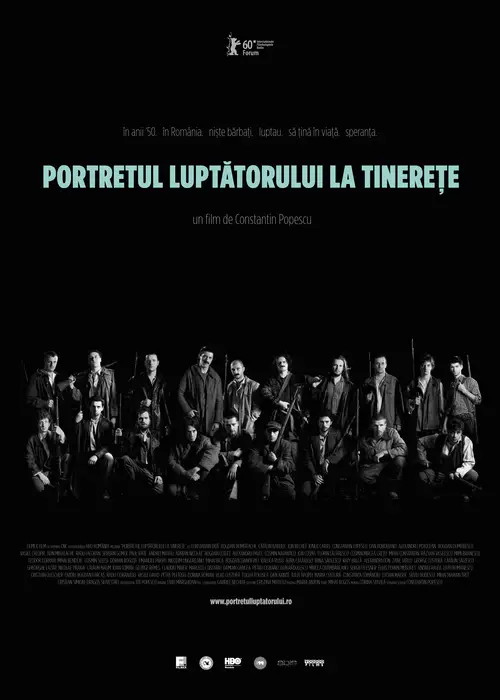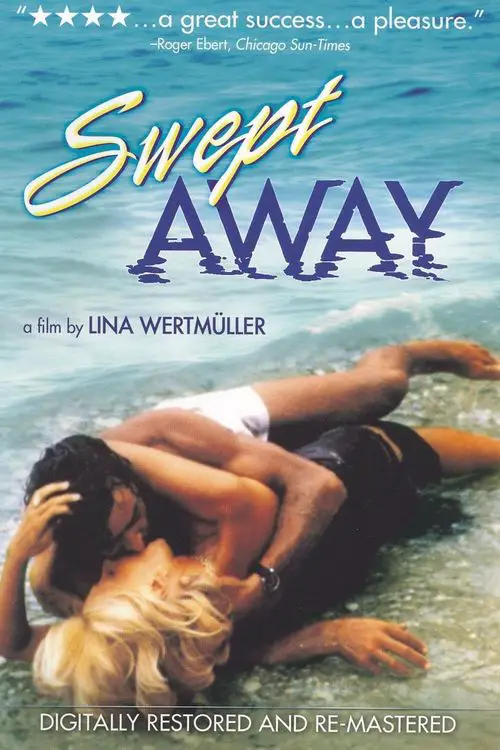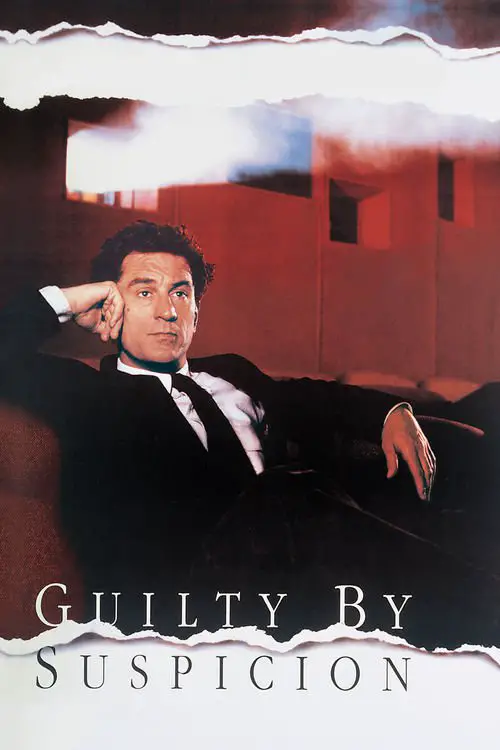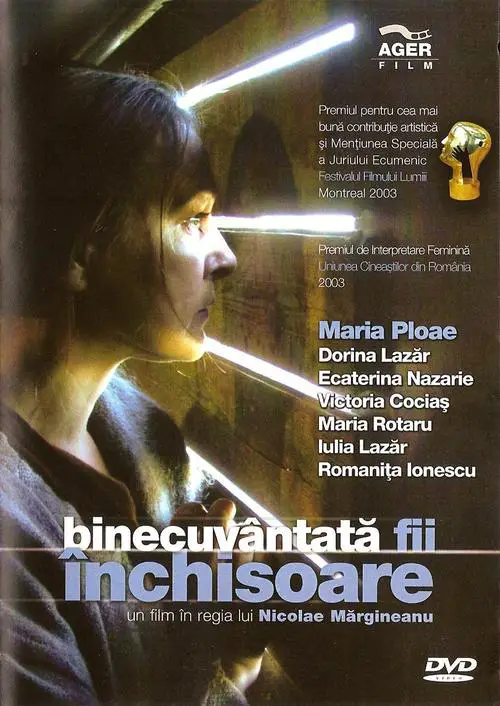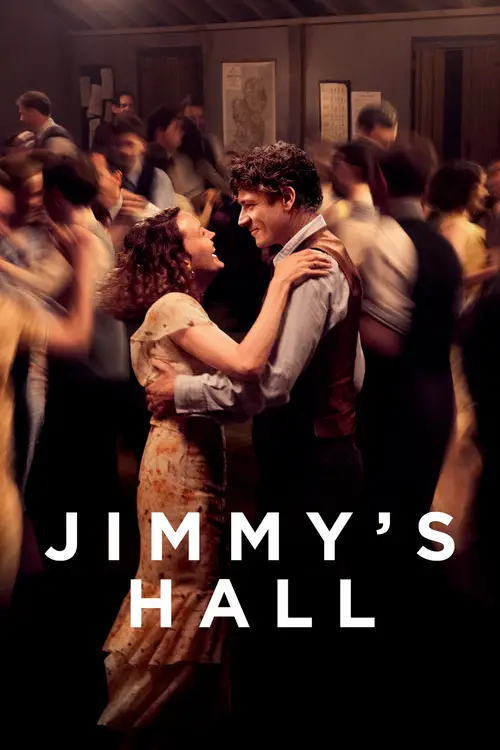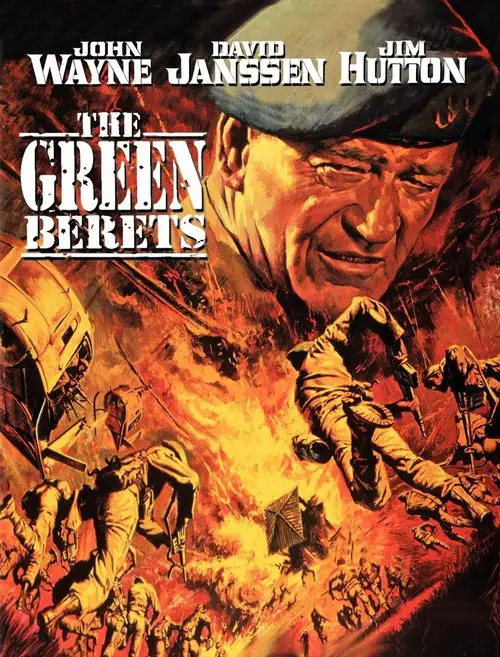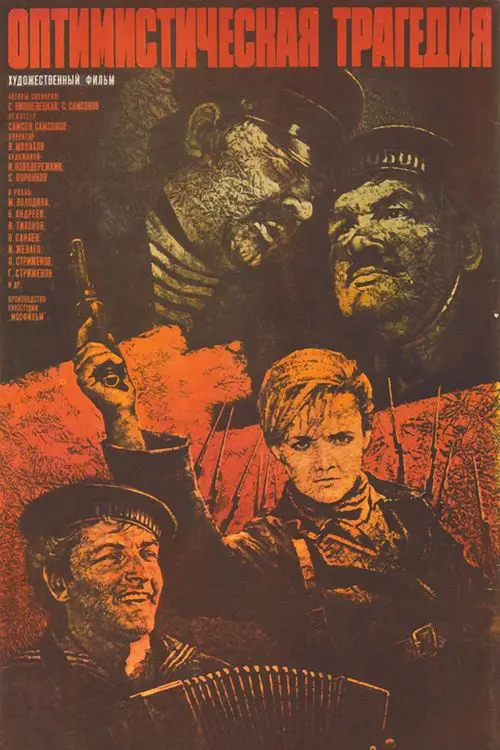Dreams from My Real Father (2012)
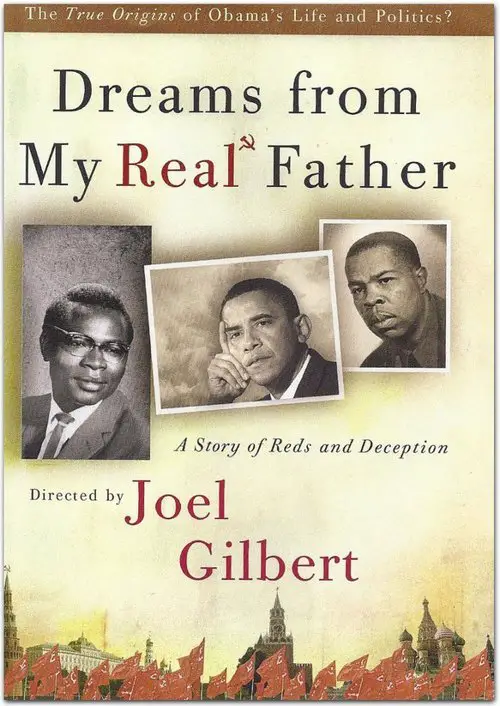
Similar movies
Through a focus on the life of Dalton Trumbo (1905-1976), this film examines the effects on individuals and families of a congressional pursuit of Hollywood Communists after World War II. Trumbo was one of several writers, directors, and actors who invoked the First Amendment in refusing to answer questions under oath. They were blacklisted and imprisoned. We follow Trumbo to prison, to exile in Mexico with his family, to poverty, to the public shunning of his children, to his writing under others' names, and to an eventual but incomplete vindication. Actors read his letters; his children and friends remember and comment. Archive photos, newsreels and interviews add texture. Written by
Biggest name left militancy in Brazil '60s, Carlos Marighella served in the main political events in Brazil between 1930 and 1969 and was considered the # 1 enemy of the Brazilian military dictatorship. Communist leader victim of prison and torture, parliamentarian, author of the world translated "Manual of the Urban Guerrilla," his life was a great act of strength and courage. Directed by his niece Isa Grinspum Ferraz, the feature Marighella is a historic building and affective this man who dedicated his life to thinking about Brazil and transform it through its action.
While silent-film star Charlie Chaplin may have charmed American audiences with the onscreen antics of his lovable "Tramp" character, the actor's private life was marred by a series of public scandals that eventually pushed him into exile. In addition to his penchant for much younger women, Chaplin was unjustly hounded by Senator Joe McCarthy's notorious anti-Communist witch hunts, for which the U.S. revoked his visa in 1952. A bitter and disenchanted Chaplin responded by moving his family to Switzerland, where he remained until his death in 1977. This documentary chronicles Chaplin's life and career during those so-called "forgotten years" (during which he became a prolific and highly respected film-score composer) through previously unreleased archival footage and intimate interviews with his friends and family, including his children Geraldine, Michael, and Eugene.
On their way to Monte Carlo, Monaco, Marilyn and her husband, Neil, meet several other married couples, including Julian and Phoebe, who are traveling with a lost dog they plan to return to its wealthy owner for a large reward. But, when the dog's mistress is murdered, the travelers become the prime suspects, and Inspector Bonnard is determined to track them all down.
The movie narrates the story of David Carr, an unemployed worker and member of the Communist Party of Great Britain. In 1936 he decides to fight for the Republican side in the Spanish Civil War, an anti-fascist coalition of liberals, communists and anarchists. Similar to George Orwell's experiences documented in Homage to Catalonia, he joins the POUM worker militia and witnesses first hand the betrayal of the Spanish revolution by the Stalinists, loyal only to the dictat of Moscow.
A hyper-repressed and schlubby accountant (Jonas Chernick) strikes a deal with a worldly but disorganized stripper (Emily Hampshire): he'll help her with her crushing debt if she helps him become a better lover. Sharp direction by the versatile Sean Garrity and a very funny script by Chernick ensure for an uproarious â and surprisingly educational â sex comedy. (TIFF)
After his battles with the communist mayor Peppone, Don Camillo is sent in exile by his bishop in a remote village. Peppone thought he got the village in his hands. But when the municipality decide to build a dike against the periodic floods, the proprietor of the land refuses. War between the village clans is about to begin. Maybe only the strong hand of the priest could persuade the landlord to change his mind. Will Peppone passed over his pride and send for his enemy?
Known as the best satire about communism, banned for over a decade in Hungary. 'The Witness' has become a cult classic, well received by critics and general audiences when it was finally released outside of Hungary. 'The Witness' takes place during the height of the Rákosi Era, which was closely modeled after the ruthless and brutal Stalin regime. The film follows the life of an ordinary dike keeper, József Pelikán, who has been caught for illegally slaughtering his pig, Dezsõ. Instead of doing hard time for his "heinous" crime, Pelikán is elevated into an important position, generally reserved for the communist elite. His new benefactor, the mysterious Comrade Virág, is reluctant to reveal the real reason behind Pelikán's preferential treatment. Thus, begins Pelikán's hilarious adventure deep within the "sophisticated" communist society... Until one day, when he gets called for to return the "favour" by falsely testifying against his long-time friend in a mock-up show trial.
The basic story of the movie revolves around P.K. Jayan aka 'Vattu' Jayan (played by Indrajith) and Roy Joseph aka Che Guevera Roy (played by Murali Gopy). Vattu Jayan is a corrupt cop who manages his daily necessities through bribed money and does not touch his salary for anything. Che Guevara Roy is an ex-communist comrade who now teaches in a school with his wife.
Professor Hans Mamlock is the distinguished chief of surgery in a university hospital. The year is 1933, and although the Professor is Jewish, he remains unconcerned with politics and the growing Nazi threat. Mamlock identifies strongly as a German, and he believes his culture to be simply incapable of the common barbarism associated with the Nazi party. Accordingly, he shows little understanding for people with strong or unpopular political views, such as Walter, a patient, and Rolf, his own son. Indeed, when Rolf joins the communists in resisting the Nazis, Mamlock throws him out of his house. As the persecution of Jews intensifies during the 1930s, Mamlock's own daughter is targeted for anti-Semitic attacks at her school...
Young Park Seol-Hee is eagerly planning her wedding to a young anti-Communist activist when the North Koreans invade. Her fiancé is forced to flee, leaving her behind with her family in their tiny, rural South Korean village. Rather than resist the North Korean regiment that comes to occupy the area, the townspeople (to Seol-Hee's dismay) decide to cooperate with them in order to ensure their own survival. The North Koreans, however, turn out not to be all that Seol-Hee expected. She soon realizes that there is a history between her family and that of the regiment's leader, Lieutenant Kim Jeong-woong. In between the hilarious day to day antics of Seol-Hee's eccentric family and the hard realities of war, the attachment between Seol-Hee and Jeong-woong grows. As the occupation continues, Jeong-woong becomes torn between trying to follow the increasingly harsh orders from his general and protecting the people that he has come to love and care for so much.
The Iron Guard, also known as Legion of Archangel Michael, was a Romanian nationalist and patriotic movement of extreme right; as such, after it rose to power, it supported Nazi Germany and started a fierce campaign of retaliation against its political enemies. As such, in the night of November 26-27, 1940, the Death Teams executed forty political prisoners in the Jilava prison (in the movie, named "Viraga"), and next day, other two Teams arrested and shot the former minister Virgil Madgearu and the world famous historian Nicolae Iorga. To squash down the political outcry, the Police Prefect Stefan Zävoianu conveniently assigns the cases to a commissioner from the "Morals Division" (prostitution, thieves), Tudor Moldovan, hoping that he will fail to get to the bottom of the case. However, Moldovan has communist sympathies, so he quickly comes under the influence of the Bolshevik Pîrvu, who had escaped during the Viraga...
The film follows a commercial airliner on a routine flight between Taipei and Seoul that is hijacked and taken to mainland China by the fictional Taiwan Revolutionary Army Front. Communist authorities cannot seize the plane because of the presence of an important business figure on the flight, and agree to cooperate discreetly with Taiwanese authorities to defuse an already tense situation.
Stipan is a policeman who comes to small Adriatic island off the Croatian coast in order to investigate reported strange phenomena that had frightened the whole population. At first, nobody wants to co-operate with him, but he finally finds that the island is being allegedly haunted by the ghost of Josip Broz Tito, Communist leader of former Yugoslavia. For Luka, the mayor, this is the opportunity to turn entire island into Tito-themed amusement park. Tito's WW2 veterans, on the other hand, don't believe in ghosts; for them, the apparition is actually Tito himself, who had returned in order to lead them into a new revolution which would restore Communism. Written by Anonymous
Goran Markovic, known more for his dramatic work, achieved something that's eluded many great filmmakers - both smart and funny comedy. Based loosely on his own life as a kid growing up in Tito's communist Yugoslavia in the 1950s, the movie centers around 10-year-old Zoran whose inspired poem about Tito written on a spur-of-the-moment-basis as an in-class assignment, earns him a trip with other deserving pupils retracing Tito's "revolutionary trails" in Tito's hometown of Kumrovec.
In a village of the Po valley where the earth is hard and life miserly, the priest and the communist mayor are always fighting to be the head of the community. If in secret, they admired and liked each other, politics still divided them as it is dividing the country. And when the mayor wants his "People's House"; the priest wants his "Garden City" for the poor. Division exist between the richest and the poorest, the pious and the atheists and even between lovers. But if the people are hard as the country, they are good in the bottom of there heart.
Maciek and Andrzej, two home army fighters, were paired and ordered to kill an incoming communist party cadre. At the hotel where their target's welcoming party is being held. Maciek meets the barmaid Krystyna and the two have a brief, passionate affair, before he is pulled away from this fleeting happiness into his deadly mission.
Moth is freed on parole after spending time in prison on wrongful conviction of murder. Jailed shortly before the Bulgarian communist coup of 1944, he now finds himself in a new and alien world - the totalitarian Sofia of the 60s. His first night of freedom draws the map of a diabolical city full of decaying neighborhoods, gloomy streets and a bizarre parade of characters.
Fascinating journey through the life and work of the prestigious Catalan poet Jaime Gil de Biedma, both marked by sexuality and eroticism. Charismatic and somewhat eccentric, brilliant intellectual with extraordinary sensitivity and member of Barcelona's 'gauche divine' in the 60s, Gil de Biedma liked to describe himself as a 'poet of experience' while he suffered dreadfully from the dichotomy strangling him: bourgeois and executive for a multinational by day, communist and homosexual poet by night.
Based on the true story of a Russian serial killer who, over many years, claimed victim to over 50 people. His victims were mostly under the age of 17. In what was then a communists state, the police investigations were hampered by bureaucracy, incompetence and those in power. The story is told from the viewpoint of the detective in charge of the case.
Michele is the leader of the Italian communist party and a professional water polo player. On this day he's just lost his memory following a (very stupid) car accident. So he has to discover the intricacies of his life again, and he does so through the naive eyes of the anxious child he used to be - through an improvised psychoanalytic trip symbolized by the friendships and adversities of a water polo game.
The film narrates the story of Cuba Mukundan (Sreenivasan) who can be called an 'impractical idealist.' He is a staunch leftist who lives for the movement. Circumstances force him to take up a job in Dubai. But he finds himself a misfit in a highly materialistic world. He also realizes that the Malayalis working in this region, whom he had earlier mocked for leaving the country for monetary gains, actually perform menial jobs and physical labor in order to support their families back home. He has always had a soft corner for China as a result of his leftist leanings and when he meets a Chinese girl, she quickly finds a special place in his heart as she symbolizes China to him. Through her, he also learns of the Communist failings in other parts of the world.
Intended as the concluding film in the trilogy on the modern history of Taiwan began with Beiqing Chengshi (1989), this film reveals the story through three levels: a film within a film as well as the past and present as linked by a young woman, Liang Ching. She is being persecuted by an anonymous man who calls her repeatedly but does not speak. He has stolen her diary and faxes her pages daily. Liang is also rehearsing for a new film that is due to go into production soon. The film, entitled Haonan Haonu, is about a couple Chiang Bi-yu and Chung Hao-tung who returns to China to participate in the anti-Japanese movement in China in the 1940s and are arrested as communists when they go back to Taiwan.
Black marketeers Marko (Miki Manojlovic) and Blacky (Lazar Ristovski) manufacture and sell weapons to the Communist resistance in WWII Belgrade, living the good life along the way. Marko's surreal duplicity propels him up the ranks of the Communist Party, and he eventually abandons Blacky and steals his girlfriend. After a lengthy stay in a below-ground shelter, the couple reemerges during the Yugoslavian Civil War of the 1990s as Marko realizes that the situation is ripe for exploitation.
Juan, a young man convicted of terrorism, is given amnesty from a Lima prison; he boards a bus to return home and, in his mind's eye, recalls events in his village near Huaraz when he was 10 or 12. His father is long dead, his mother lives with Fermin, secretly a sympathizer with the Communist guerrillas in the hills. Town leaders are assassinated at night. When Juan discovers Fermin's secret, Juan is spirited away to the guerrillas to learn Marxist slogans and how to fight. When the band decides to attack the town to avenge the death of a comrade, Juan must choose.
Tales from the Golden Age is composed of 5 unconventional short stories, each one dealing with the late communist period in Romania, told through its urban myths from the perspective of ordinary people. The title of the film refers to the alluded "Golden Age" of the last 15 years of CeauÅescu's regime.
A Hungarian family forced to flee the Communist country for the United States, must leave a young daughter behind. Six years later the family arranges to bring the absent daughter to the United States where she has trouble adjusting. The daughter then decides to travel to Budapest to discover her identity.
On the first of May 1947, the bandit Salvatore Giuliano conducted a raid to the mountain pass Portella della Ginestra, with a view to capturing Sicily's most prominent communist, Giacomo Licausi. What actually happened was a regular massacre, leaving fourteen people dead and more than thirty wounded. In 1951, about a year after Giulano's violent death, his men are tried in Viterbo. Unconvinced by the official version, Gaspare Pasciotta's lawyer, decides to travel to Sicily and starts investigating the facts.
A small revolution breaks out in a small Argentine town, as one group of Peronists calls they newly elected peronist a communist. The newly elected official enlists the aid of allies ranging from the town drunk to young peronists to help hold his post. What follows is a slapstick war with a serious message.
Mimi is a Sicilian dockworker who loses his job when he votes against the Mafia candidate in what he thinks is a secret ballot. He leaves his wife behind and goes to Turin, where he meets and moves in with Fiore, a street vendor and Communist organizer. They have a child, he works non-union jobs, and again he comes to the Mafia's attention. This time they're impressed, promoting him to a supervisor's job back in Sicily. He must keep Fiore and the child a secret, which is fine with Fiore, as long as he never makes love to his wife. He doesn't, and when she becomes pregnant, he knows he's a cuckold. His personal revenge and the Mafia's tentacles then intertwine in tragicomic ways.
In 1984, in Kiev, the communist teacher Andrej Romanovic Evilenko is dismissed from his position after a pedophilic act against a student. On 15 May 1984, the pedophile Evilenko begins to rape children, and then slashing the victims in pieces and eating them. The magistrate family man Vadim Timurouvic Lesiev is assigned to catch the serial killer and almost eight years later he finally captures the monster that killed fifty-five persons, most of them children and young women. On 22 May 1992, Evilenko goes to the court and on 14 February 1994 he is finally executed.
A satire on anti-communist paranoia in the days of fascist dictatorship in Portugal. The series follows the adventures of the "Lusitanian superhero", the ultra-patriotic Captain Falcão, a man who follows the direct orders of António de Oliveira Salazar in the fight against the "red menace". Starring Gonçalo Waddington, as Captain Falcão, David Chan Cordeiro (also responsible for coordinating the work of doubles) as his sidekick Puto Perdiz and José Pinto in the role of portuguese dictator, António de Oliveira Salazar.
The Popular Front wins elections, the Spanish Civil War begins, and Hitler and Stalin are manipulating and spying. The brilliant exile, Fiodor Voronin, a general at 20, is the deputy at the White Russian Military Union, probably slated to replace the aging Général Dobrinsky soon. Fiodor's Greek wife, Arsinoé, paints and stays away from politics, befriending Communist neighbors. Her health declines; the attentive Fiodor arranges care and, against the backdrop of Stalin's Great Purge, considers his options. He plays a chess game in which love of country, love of Arsinoé, ideology, petty jealousies, and the machinations of power roil in matters of life and death.
When the Soviet Army marched into Romania in 1944, a part of the Romanian population went âinto the mountainsâ â a diverse assortment of nationalists and fascists, liberals, apolitical farmers and members of the middle-class, who were affected by the Communistsâ expropriations. Over a thousand armed resistance groups took refuge in the inaccessible forests of the Carpathian Mountains where they waited in vain for the support of the Western Allies. One of them was led by Ion GavrilÄ-Ogoranu, who managed to remain undetected until 1976 when he was arrested. This film depicts the daily existence of this group. It tells the story of a struggle that became an end in itself, as the enemy was constantly in pursuit and arrest meant torture and often liquidation. Hungry and emotionally withdrawn, the group of young men got entangled in a partisan war that could not be won, lost in the landscape of the South Carpathians, accompanied by a vigilant secret police, the Securitate.
The story starts in the 1930's at one of the largest rubber-tree plantations in Indochine (Vietnam). This plantation is owned by the French colonist Eliane, a proud woman who lives with her father and her native adoptive daughter Camille. She doesn't have a husband or a man in her life (apart from her father), but gets to know the young officer Jean-Baptiste when both want to buy the same painting at an auction. They have a short affair, but then she refuses to see him again. In the meantime it's Camille who has fallen in love with Jean-Baptiste and Eliane knows it. She makes sure he's sent to one of the most desolate outposts on some remote island, making sure that the two will never see each other again. Camille has no choice, but to marry the man she was promised to, but in the meantime she starts a search to find the man she really loves.
This compelling story vividly recreates Hollywood's infamous 'Blacklist Era'. The witch-hunt has begun and director David Merrill (De Niro) can revive his stalled career by testifying against friends who are suspected communists. Merrill's ex wife (Bening) shares a whirlpool of scandals that draws them closer togheter while his chances for ever making movies again slips further away...
Based on Nicole Valery-Grossu's European best seller autobiographic novel "Bless you, prison", the film is a true story, with real events and characters. A young intellectual woman, Nicole, is arrested in the years of Stalinism simply for being an active member of an opposition party. There follow three months of exhausting interrogation and isolation. Alone in a cell, she undergoes a spiritual experience similar to that of the great mystics. She proceeds to an in-depth soul-searching that helps her discover the power of faith and steels her to put up resistance. Nicole goes through the ordeal of communist prisons, conflicts and risky activities, and manages to provide a heartening example for the other inmates. Daily prison life is not drab but full of unexpected happenings like a story.
As the communist revolt progresses in Russia, a female commissar is dispatched to some anarchist sailors to get them on board the party bandwagon. Her arrival is met with skepticism and an attack by an aspiring rapist. She shoots the man in self defense and begins to form the sailors into a cohesive fighting unit. Joining the unit for a mission, the sailors are all murdered before they can convert to communism. The fallen angel is held up as a symbolic heroine to the people's cause in this decidedly propaganda-drenched film. The film took a specially created prize at the 1963 Cannes Film Festival, somewhat to the consternation of critics who failed to observe its merits.
Based upon the true story of Olga Benário, the German-born wife of Brazilian communist leader LuÃs Carlos Prestes. During the dictatorship of Getúlio Vargas (1930-1945) she was arrested and sent to Nazi Germany, where she was put to death in a concentration camp. After World War II began, Vargas decided to uphold the Allies.
© Valossa 2015–2026
| Privacy Policy
